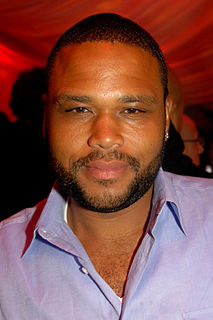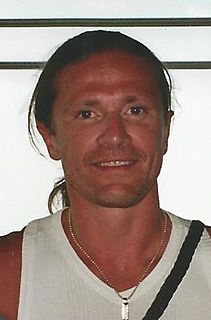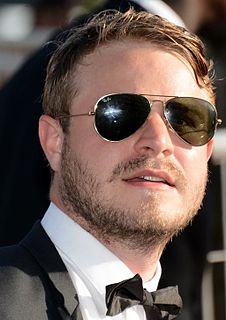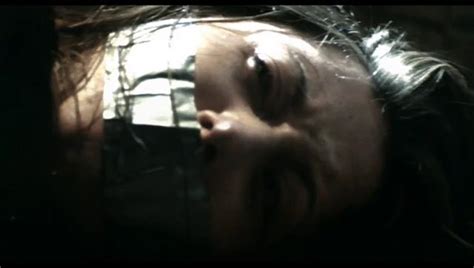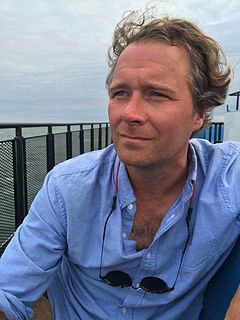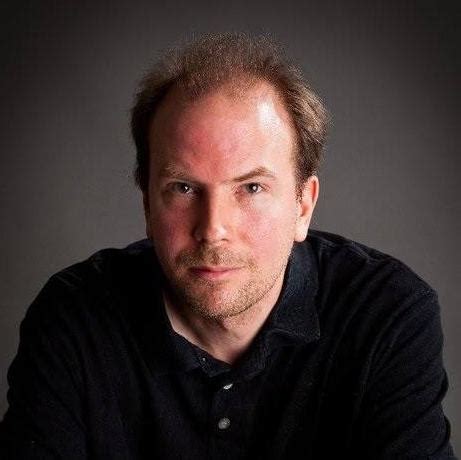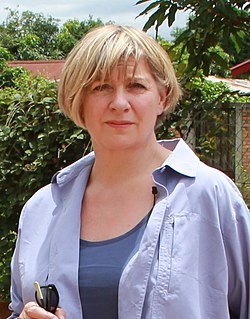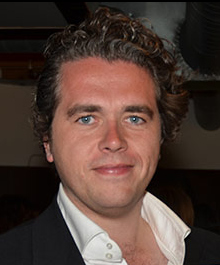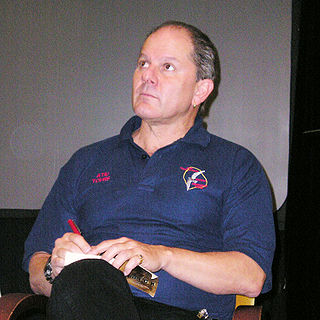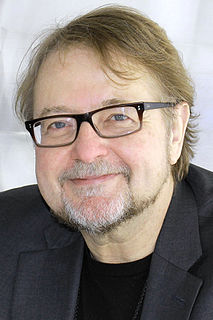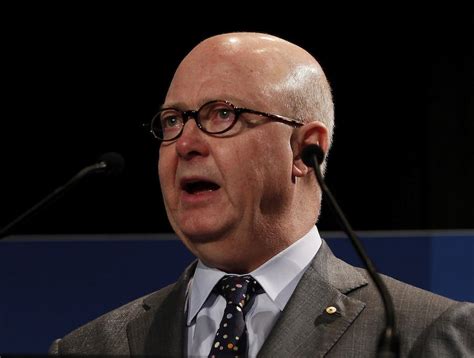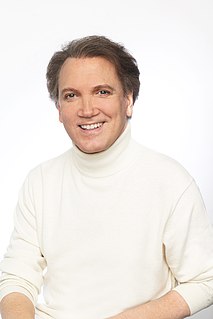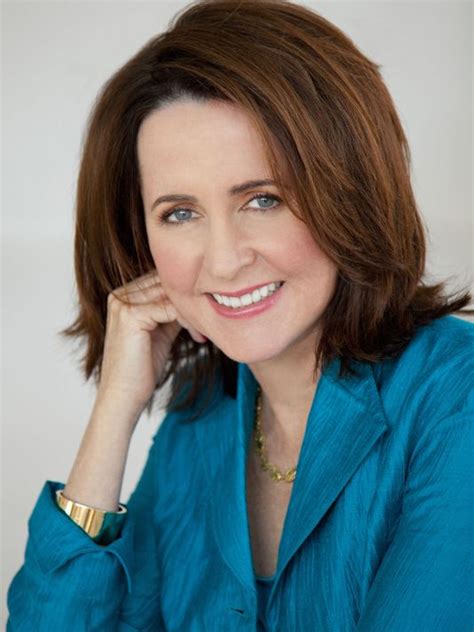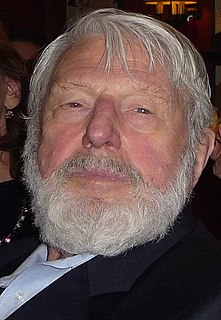Top 1200 Blank Page Quotes & Sayings - Page 3
Explore popular Blank Page quotes.
Last updated on April 21, 2025.
I am a buyer of blank books. Kids find it interesting that I would buy a blank book. They say, Twenty-Six dollars for a blank book! Why would you pay that? The reason I pay twenty-six dollars is to challenge myself to find something worth twenty-six dollars to put in there. All my journals are private, but if you ever got hold of one of them, you wouldn't have to look very far to discover it is worth more than twenty-six dollars
No reflection was to be allowed now, not one glance was to be cast back; not even one forward. Not one thought was to be given either to the past or the future. The first was a page so heavenly sweet, so deadly sad, that to read one line of it would dissolve my courage and break down my energy. The last was an awful blank, something like then world when the deluge was gone by.
The reverie we intend to study is poetic reverie. This is a reverie which poetry puts on the right track, the track an expanding consciousness follows. This reverie is written, or, at least, promises to be written. It is already facing the great universe of the blank page. Then images begin to compose and fall into place.
One problem with writing on the computer, as I do, is that the page is never really 'blank." It is backed by all this energy or potential energy...one can always check the New York Times, or look at real estate, or investigate some intriguing new person in one's life. The span and space for writing feels like a tunnel under these massive mountains of information.
Finding the discipline, the motivation, the focus, the passion to sit down in front of a blank piece of paper or a blank computer screen every day and then to make it come alive with characters and with plot is incredibly exciting and at the same time terrifying and frustrating, and sometimes it comes easy and sometimes it comes really hard.
The creation of a film starts with an idea, a notion of a time period or characters, and you get really excited about the idea, and sell it to others if you need their support to write the script. You can't wait to get started, and then you try to start, and you struggle with the blank page, and you get some ideas, and they're bad ideas, and you write bad stuff. It's really bad.
When you're reading a newspaper and you're seeing ads on the page, it's not kind of invasive. Like, it's on the page next to the article. You can look at it or not. You can turn the page when you're ready. On the internet, the ads - many of the ads - just are so controlling. They insist that you see them.
I’ll tell you now. That silence almost beat me. It’s the silence that scares me. It’s the blank page on which I can write my own fears. The spirits of the dead have nothing on it. The dead one tried to show me hell, but it was a pale imitation of the horror I can paint on the darkness in a quiet moment.
No one reads to hear someone complain about the weather or how poorly their children are behaving. You have to give the readers a reason to turn the page. As a writer you have to invite someone to turn the page. And that is a skill you have to refine. That is why you have to read. You have to read to learn what it is that makes people turn the page.
Noticing and remembering everything would trap bright scenes to light and fill the blank and darkening past which was already piling up behind me. The growing size of that blank and ever-darkening past frightened me; it loomed beside me like a hole in the air and battened on scraps of my life I failed to claim. If one day I forgot to notice my life, and be damned grateful for it, the blank cave would suck me up entire.
I once made the mistake of writing a story with David Corbett. The man smoked me. He can delineate the character and personality of an accordion in three strokes. I didn't even know accordions had character. This act of generosity and wisdom from a very good writer will help anyone who is staring at a blank page, any day, any time. Highly recommended.
For me, the beauty of the blank page, or empty screen,staring up at nine thirty after two cups of coffee and a deep breath remains unique. The blankness invites scribbling on, mental drawing , and the best feeling I know - apart from the more obvious sensual ones - is the feeling of putting down the first thought and seeing it turn into symbols. Making an idea into an emotion.
I took many notes, more than usual before I sat down and wrote Act One, Scene One. I had perhaps eighty pages of notes. . . . I was so prepared that the script seemed inevitable. It was almost all there. I could almost collate it from my notes. The story line, the rather tenuous plot we have, seemed to work out itself. It was a very helpful way to write, and it wasn't so scary. I wasn't starting with a completely blank page.
The acting background helped a lot when I started writing. I was training for it. In acting class they teach you about the stakes in a scene (and) what motivates characters. When you bring a scene to class - as an actor with your scene partner - you have to do everything. There's no producer, set decorator or anything like that. You and you partner have to do everything and that's kind of like facing the blank page as a writer.
Today, in 2011, if you go and buy a color laser printer from any major laser printer manufacturer and print a page, that page will end up having slight yellow dots printed on every single page in a pattern which makes the page unique to you and to your printer. This is happening to us today. And nobody seems to be making a fuss about it.
I got to college and saw all of my friends going to these other schools and thought, 'You know, college is just a blank slate.' And I had an opportunity to go to different schools, but I chose Brown because it was unique and allowed you to be yourself as an individual and like I said, it's a blank slate.
Fiction is very greedy. It will take all you know and then some. The first novel I tried to write, I was struck by this - the appetite of the blank page for ever more information, ever more data. An empty book is a greedy thing. You are right: You wind up using everything you know, and often more than once.
If it bothers me on the page, I don't do it. If it attracts me on the page and moves me, makes me think a bit, makes me laugh, makes me cry, I'm interested in it. If it's there on the page, it means it's there and up to me to bring it out. I have done some films along the way that have been screwed up and not as good as they read. Some films that are not that good on the page turn into good movies. So I'm fallible is what I'm saying.
